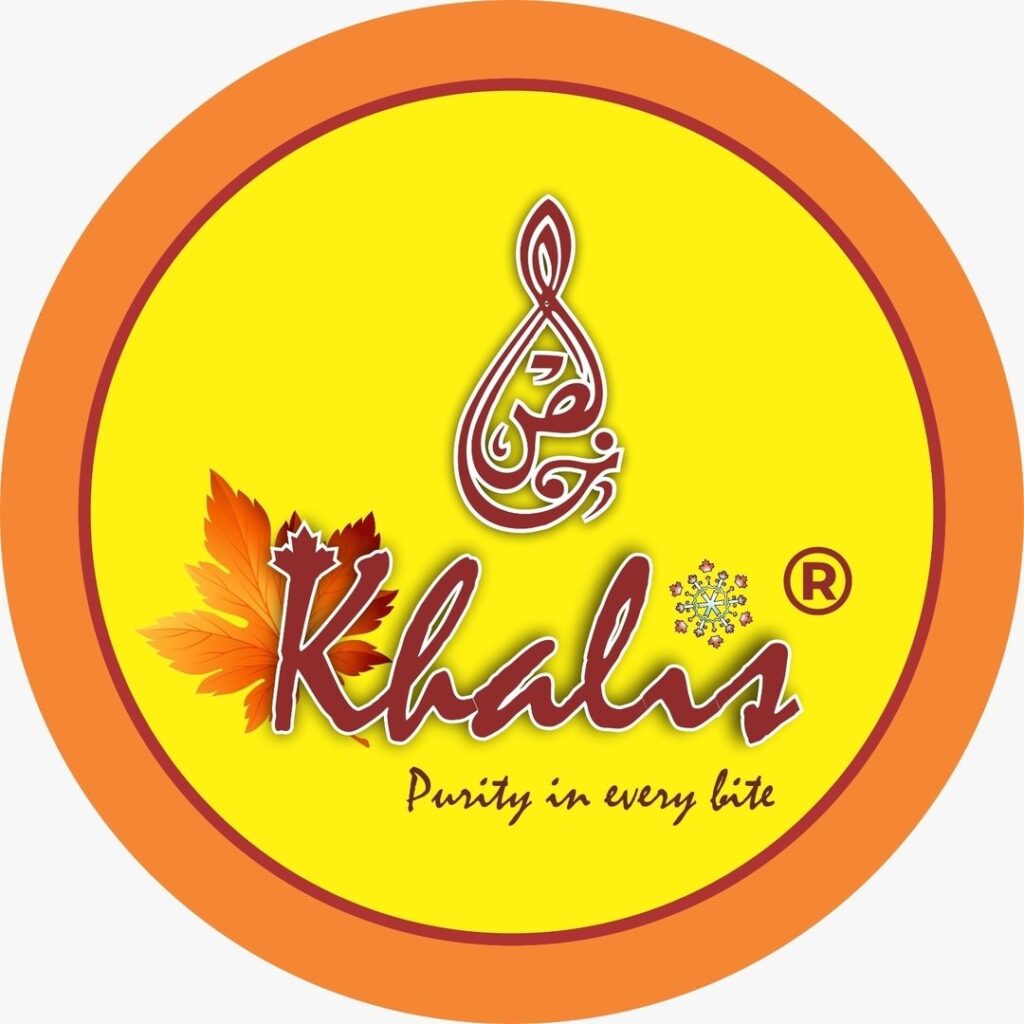By Chasfeeda Shah
In Kashmir valleys where once the sounds of unrest echoed, a different kind of energy now buzzes through the air. It’s the energy of entrepreneurship, innovation, and dreams being turned into digital reality. Six years after the abrogation of Article 370, Jammu and Kashmir has emerged as an unlikely startup success story, with DPIIT-registered startups surging by an extraordinary 287%—from just 237 in 2020 to 917 in 2024.
This isn’t just a number on a government report. It represents thousands of young Kashmiris who have chosen to build rather than burn, to create rather than protest, and to dream of IPOs instead of indefinite strikes. Welcome to Kashmir’s quiet revolution—the rise of the Startup Valley.
The transformation has been as dramatic as it has been unexpected. In a region that international media often portrayed through the lens of conflict, a new generation of entrepreneurs is crafting a different story altogether. The numbers tell a tale that even the most optimistic observers couldn’t have predicted half a decade ago.
The Policy Push: ₹250 Crore Vision
Recognizing this momentum, the Jammu and Kashmir government launched the ambitious ‘New J&K Startup Policy 2024-27’ in March 2024, setting a target to reach 2,000 recognized startups by 2027. But the policy isn’t just about numbers—it’s backed by serious money. A ₹250 crore Venture Capital Fund is being established, with an initial infusion of ₹25 crore from the UT administration.
“This policy targets the establishment of 2,000 startups by 2027, aiming to position J&K as one of India’s leading startup ecosystems,” explains the policy document. The fund will provide crucial early-stage financial support to help viable business models scale, while also extending specific incentives to women entrepreneurs.
The policy’s impact is already visible. Over 1,600 startups have registered with the Jammu and Kashmir Entrepreneurship Development Institute (JKEDI), reflecting a three-fold increase within just one year. Even more encouraging is the diversity of this growth—333 of the 917 DPIIT-registered startups are women-led ventures, showcasing the inclusive nature of Kashmir’s entrepreneurial renaissance.

Valley Trailblazers: Stories of Grit and Glory
FastBeetle: Logistics with Wings
Founded by childhood friends Sheikh Samiullah and Abid Rashid in October 2019 in Srinagar’s old city, FastBeetle started as a local courier service but has since evolved into a tech-driven logistics platform serving 19,000 pin codes across India. What makes their story remarkable isn’t just their Shark Tank success, but how they built their entire technology stack on 2G internet—a testament to Kashmiri innovation in the face of infrastructure challenges.
Today, FastBeetle moves everything from Kashmiri apples to handicrafts, providing crucial last-mile connectivity for local artisans and businesses who were previously stranded by poor logistics infrastructure.
Khalis Foods: From Disruption to Prime Time
Dr. Rukhsaar Sayeed’s journey with Khalis Foods reads like a script of resilience and determination. A food technologist from Pampore with a PhD, she launched her preservative-free frozen food venture on August 3, 2019. Just three days later, the abrogation of Article 370 brought her world crashing down.
Dr. Rukhsaar while speaking with The Better India “We were cut off from the rest of the world and didn’t have any mobile network. As my business was online, I couldn’t connect to my customers. All my frozen food turned bad as we didn’t have access to freezers. I lost about Rs 70,000,” she recalls.
Undeterred, Rukhsaar restarted in November 2020, only to face another setback during the COVID-19 lockdown in January 2021. But she persevered, and by September 2021, Khalis Foods was back in business. Her determination caught national attention when she became the first person from Kashmir to participate in MasterChef India, finishing among the top eight finalists.
Today, Khalis Foods produces everything from chicken nuggets to kalari cheese samosas, employing six people and processing 600-700 orders per month. Her appearance on national television has not only boosted her brand but also showcased Kashmir’s culinary entrepreneurship to the entire country.
The Ecosystem Effect
The startup surge isn’t happening in isolation—it’s supported by a robust ecosystem that has taken shape over the past six years. The region now boasts 10 established incubators, including notable ones at IIT Jammu and CIIBM-JKEDI, which have provided incubation support to over 27 startups.
Higher educational institutions are playing a crucial role through Entrepreneurship Knowledge Cells that conduct training and workshops. Programs like the Entrepreneurship Immersion Program 2020 have sensitized students across different business verticals, including investor funding and startup financing.
The sector diversity is particularly impressive. Construction and engineering account for 49% of startups, followed by skill development (12%), oil and gas transportation (12%), and IT consulting (8%). This diversity suggests a mature ecosystem that’s not dependent on any single sector.
The Road Ahead: 2,000 by 2027
The ambitious target of 2,000 startups by 2027 isn’t just a number—it represents a vision of Kashmir as a significant player in India’s startup landscape. With the ₹250 crore venture capital fund beginning to take shape and various government schemes providing financial support, the infrastructure for continued growth is being put in place.
Recent success stories at the national level provide additional validation. Startups from J&K like Genetico Private Limited and GR8 Sports Private Limited recently won top honors at Startup Mahakumbh 2025, clinching ₹25 lakh in combined prize money. Such recognition at national platforms helps build credibility and attract more investors to the region.
The collaboration with institutions like TISS (Tata Institute of Social Sciences) for mentorship programs and the partnership between DPIIT and JKEDI for ecosystem strengthening show that Kashmir’s startup growth has strong institutional backing.

From Stone Pelting to Stock Options
Perhaps the most powerful symbol of Kashmir’s transformation is the journey of its youth. In 2016, images of young Kashmiris throwing stones dominated international media. Today, those same demographics are more likely to be found in incubation centers, working on mobile apps, or pitching to investors.
This shift represents more than economic development—it’s about hope, aspiration, and the belief that the future can be different from the past. As Fast Beetle’s success showed the world, Kashmir doesn’t just produce saffron and handicrafts anymore—it produces unicorn aspirants.
The story of Kashmir’s startup surge is still being written. Every new startup that registers, every funding round that closes, every job that’s created adds another page to this remarkable transformation narrative. From 237 to 917 startups in four years is impressive, but if the current trajectory continues, Kashmir might just surprise the world once again.
In the valley where protests once defined the headlines, pitch decks are now making the news. In the region once synonymous with conflict, “funding winter” has taken on an entirely different meaning. This is Kashmir’s new story—one startup at a time, one dream at a time, one success at a time.
The Startup Valley isn’t just changing Kashmir’s economy—it’s changing Kashmir’s soul.
